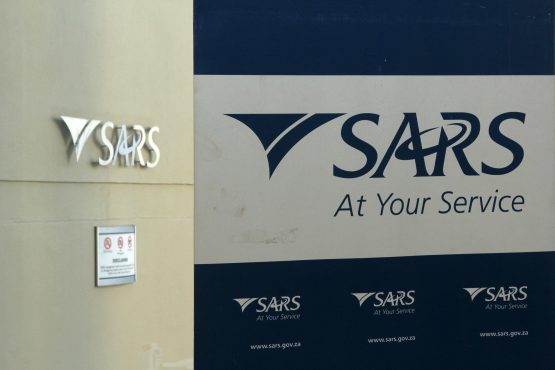The South African Revenue Service (SARS) is embracing artificial intelligence (AI) as part of its plan to modernise operations and increase tax revenue by up to R50 billion in the 2025/26 financial year.
As part of this effort, SARS has issued a request for information (RFI) inviting tech firms to propose advanced AI systems with “digital twinning” capabilities.
The move is part of a sweeping strategy to build a smarter, faster, and more data-driven tax system—one that’s better equipped to detect evasion, improve compliance, and deliver services more efficiently.
SARS embraces AI to tackle tax gaps
In its latest move to future-proof revenue collection, SARS released a request for information (RFI) inviting tech companies to showcase advanced AI systems that can support automated decision-making and compliance enforcement.
The aim is to create an intelligent tax and customs platform built on data science, machine learning, and cognitive automation.
The first use case will focus on processing taxpayer submissions that request favourable outcomes, allowing AI to mimic human logic and make decisions in real time. SARS expects these tools to operate securely within regulatory limits, integrate with existing systems, and scale to broader operations.
With a R3 billion tech allocation from its R7.5 billion medium-term budget, SARS is positioning AI at the heart of its mission to close the tax gap.
Officials have said they’re aiming to collect between R20 billion and R50 billion more this year, with data science seen as the key enabler.
AI audits and compliance: What taxpayers need to know
SARS is deploying AI to enhance audits and monitor compliance. Its Compliance Programme uses machine learning and big data to identify criminal tax evasion and reduce manual errors in filing.
Audits have become more detailed and aggressive, with SARS using cross-referenced bank statements, asset declarations, and income reconciliation to catch discrepancies. Questions now dig deeper into taxpayers’ financial history, leaving little room for non-disclosure.
Taxpayers are urged to maintain meticulous records and seek professional guidance. Even compliant individuals could face stricter checks under this AI-led regime. According to SARS, “advanced analytics” and “cognitive decision automation” are now central to how it evaluates risk and detects non-compliance.
Technology as a force multiplier for revenue collection
SARS’s digital push concerns surveillance and building a smarter, more responsive tax ecosystem. The RFI process will inform the agency’s long-term AI strategy, helping it source solutions that enhance transparency, auditability, and human oversight.
AI will help SARS monitor high-risk sectors like fuel, alcohol, and tobacco more efficiently. It also aims to bring informal sector earners into the tax net and reduce opportunities for underreporting income. Integrating third-party data sources like payrolls and banks further strengthens SARS’s ability to make accurate, automated assessments.
With nearly R2 trillion in tax revenue on the line for 2025/26, SARS is betting big on technology to get the job done. The message is clear: the future of tax collection in South Africa is digital, data-driven, and designed to leave no rand behind.











